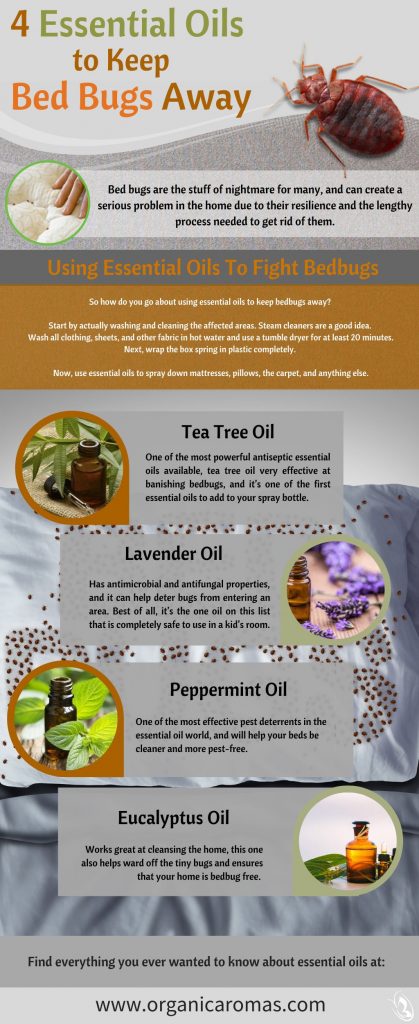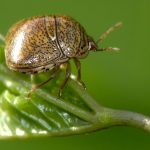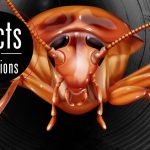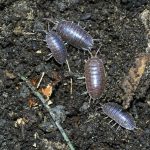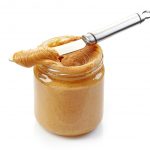Are you in the process of trying to figure out how to dilute tea tree oil for bed bugs? If so, then you’ve come to the right place! In this article, I’ll explain the steps necessary to properly dilute tea tree oil for a safe and effective solution to your bug problem. I’ll also discuss some of the benefits of using tea tree oil and how to use it for maximum results. So let’s get started.
What is Tea Tree Oil?
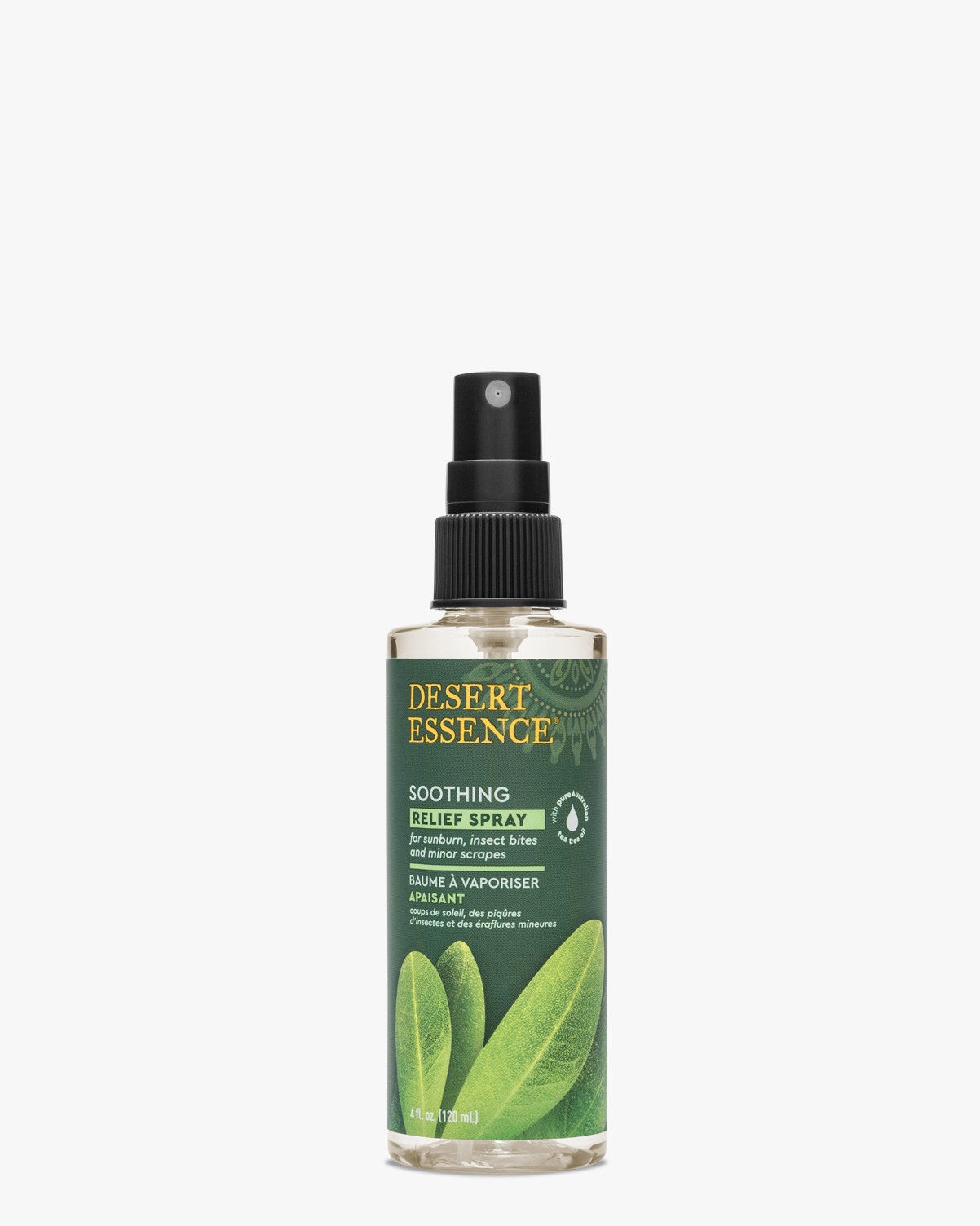
Tea tree oil is an essential oil derived from the leaves of the Melaleuca alternifolia, a small tree native to Australia. It has a strong, pungent scent and has been used as a remedy for centuries to treat skin conditions, promote healing, and fight infection. Tea tree oil is also known to be a powerful insect repellent and has been used to help deter bed bugs and other pests.
Tea tree oil is a natural antiseptic, antibacterial, antiviral, and anti-inflammatory agent that can be used both topically and internally. It is an active ingredient in many skin care products and is known to help fight acne, reduce fungus, and soothe skin irritations. It can also be used to treat colds, coughs, and sore throats.
Tea tree oil is available in a variety of forms, including pure essential oil, creams, gels, and ointments. It is most commonly used in dilute concentrations, as pure tea tree oil can be toxic if used undiluted.
Why is Tea Tree Oil effective against Bed Bugs?
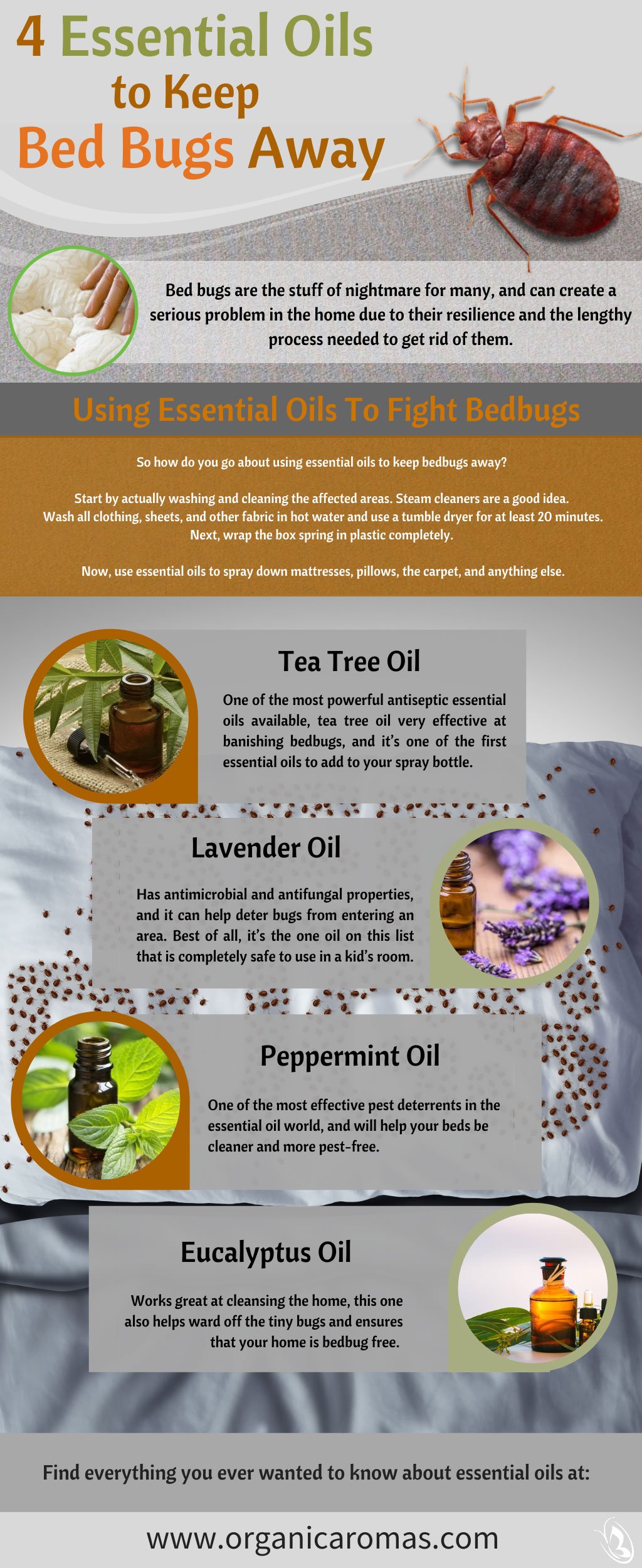
Tea tree oil is an effective natural insecticide and repellent. It has been used for centuries to treat a wide variety of skin conditions and ailments. Tea tree oil has also been used to treat bed bugs due to its insecticidal properties. It works by disrupting the nervous system of the bed bug, causing it to become paralyzed and eventually die. Tea tree oil is also known to have anti-fungal and anti-bacterial properties, making it a great choice for treating bed bug infestations.
| Benefits of Tea Tree Oil | How It Works |
|---|---|
| Insecticide & Repellent | Disrupts bed bug nervous system and causes paralysis |
| Anti-fungal & Anti-bacterial | Kills bacteria and fungi that can cause infection |
Tea tree oil is considered a safe, natural alternative to chemical insecticides, and has been found to be an effective treatment for bed bug infestations. It is important to note, however, that tea tree oil is not a permanent solution to bed bug infestations. It must be used in combination with other treatments, such as vacuuming, steam cleaning, and the use of bed bug traps, to ensure that all of the bed bugs are eliminated.
What are the Benefits of Tea Tree Oil?
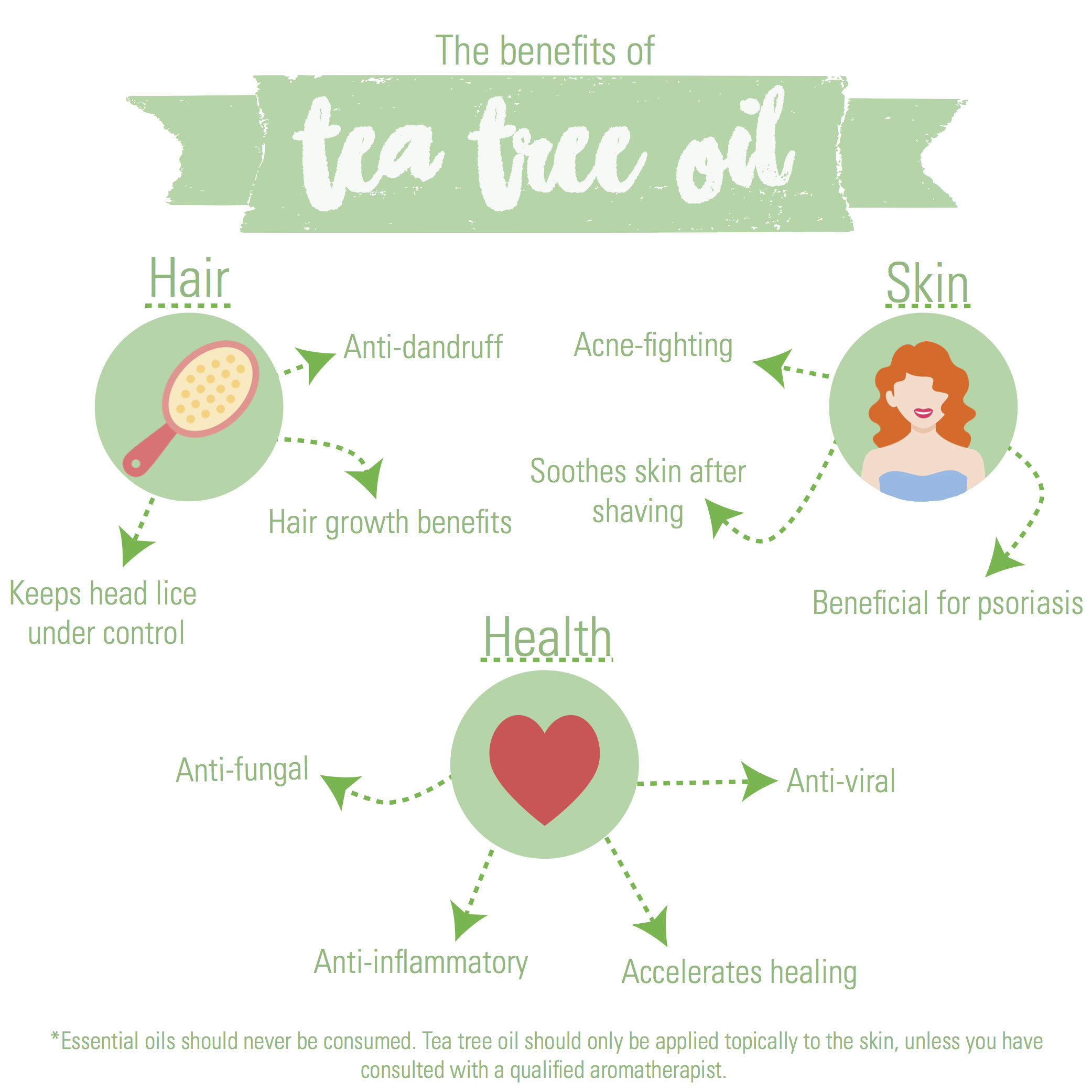
Tea tree oil is a natural, effective, and safe remedy for bed bugs. It has a wide range of antimicrobial and insecticidal properties, which make it an ideal solution for treating bed bugs. Tea tree oil can be used as a spray, or it can be diluted and applied topically. Its active ingredient, terpinen-4-ol, has insecticidal properties that can kill and repel bed bugs. It also has antifungal and antibacterial properties, making it effective for treating skin infections or wounds caused by bed bug bites. In addition, tea tree oil has antiseptic and anti-inflammatory properties, which can help reduce swelling and itching associated with bed bug bites. Furthermore, tea tree oil has antifungal properties, which can help to treat fungal infections associated with bed bugs. Finally, tea tree oil has natural deodorizing properties, making it a great choice for controlling unpleasant odors caused by bed bugs.
What are the Risks of Using Tea Tree Oil?
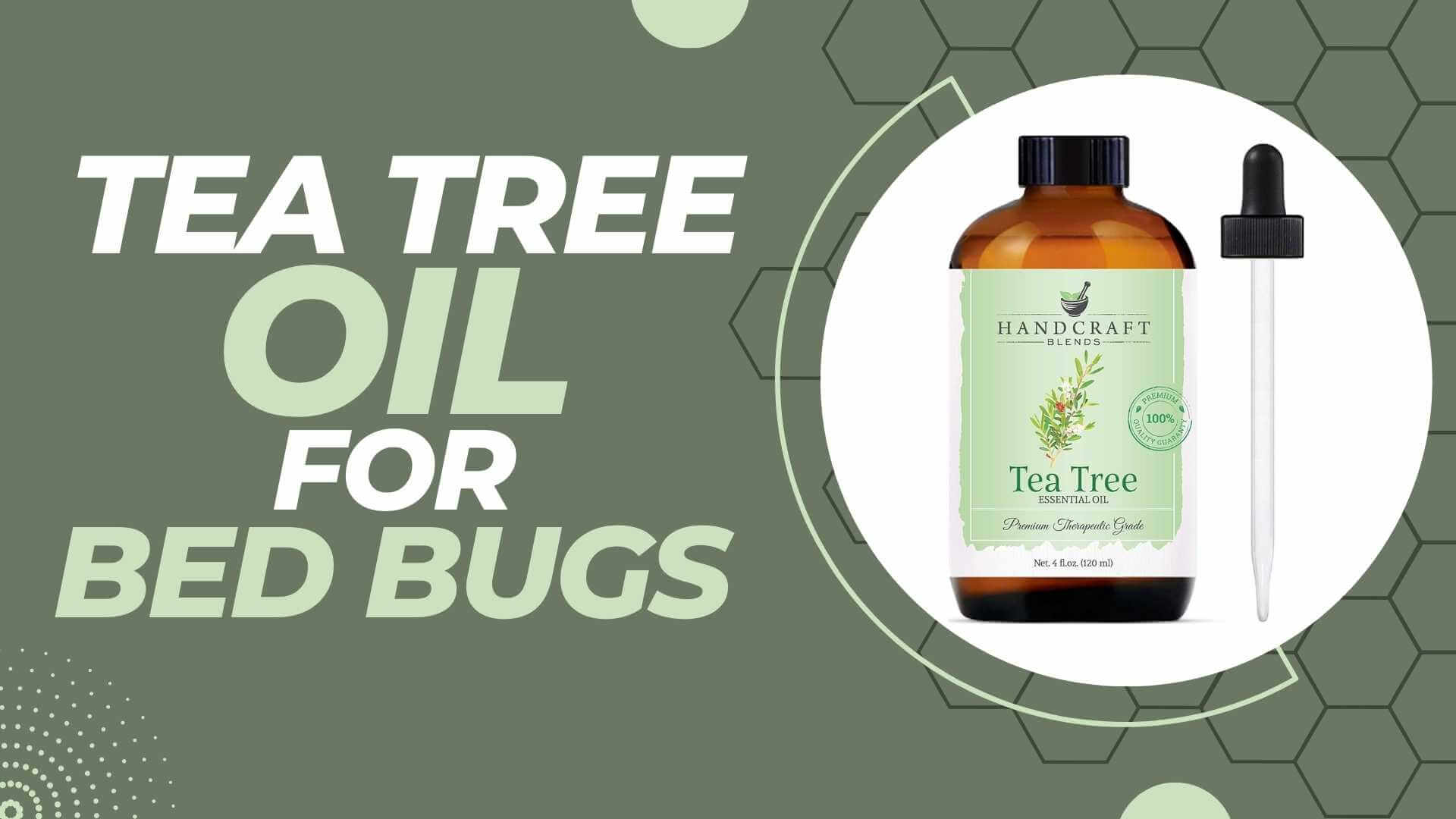
- Skin irritation – Tea tree oil can cause skin irritation in some individuals.
- Eye irritation – The oil can also irritate the eyes, so it is important to take care when applying it.
- Toxicity – Tea tree oil is toxic if ingested, so it must be used with caution.
- Allergic reaction – Some people may experience an allergic reaction when using tea tree oil, so it is important to test a small area of skin before using it.
- Respiratory problems – Inhaling tea tree oil can cause irritation of the nose, throat, and lungs.
It is important to keep in mind that tea tree oil can be an effective tool for treating bed bug infestations, but it is also important to be aware of the risks associated with its use. As with any other product, it is important to use caution and read the instructions carefully before use.
How to Dilute Tea Tree Oil for Bed Bugs?
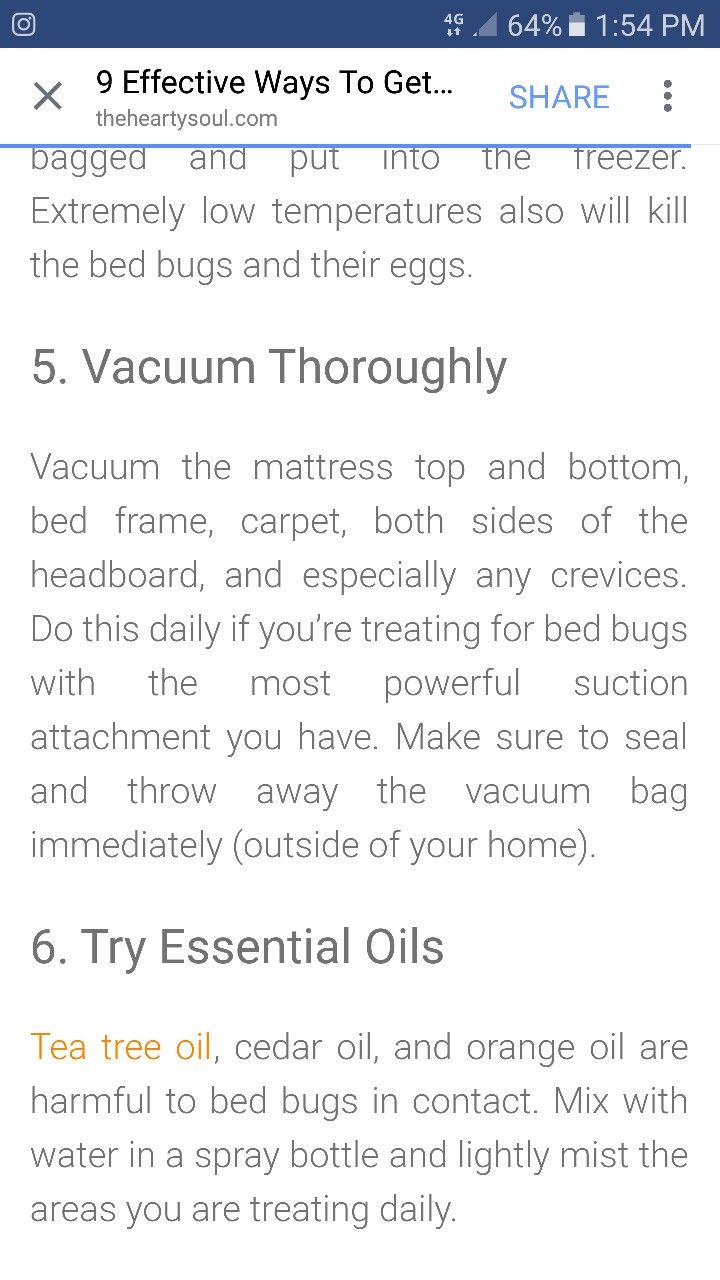
Tea tree oil is a natural insecticide that can be used to get rid of bed bugs. However, it is important to properly dilute the oil before using it. Here is what you need to do to dilute tea tree oil for bed bugs:
First, you need to get pure tea tree oil. Make sure that it does not contain any other ingredients.
Next, mix the tea tree oil with a carrier oil such as olive oil, coconut oil, or almond oil. Use a ratio of 1 teaspoon of tea tree oil to 1 cup of carrier oil.
Once the solution is mixed, you can use it directly on bed bugs and their hiding spots. You can also add a few drops of the mixture to a spray bottle and use it as a spray.
When using the diluted tea tree oil, be sure to wear gloves and keep the area ventilated. Tea tree oil can be toxic if used in high concentrations.
By properly diluting tea tree oil, you can use it to safely get rid of bed bugs. Make sure you follow the steps above to ensure that the tea tree oil is diluted properly.
How to Apply Tea Tree Oil for Bed Bugs?
- Purchase pure tea tree oil and dilute it with water into a spray bottle.
- Spray the tea tree oil mixture directly onto bed bugs and their hiding places, such as the seams and crevices of the mattress, bed frame, and headboard.
- Reapply the tea tree oil mixture every day for at least a week.
- Make sure to apply the tea tree oil in the cracks and crevices of the mattress and bed frame, as well as other areas where bed bugs may hide.
- Allow the mixture to dry before going to bed.
- Repeat the process for at least a week to ensure the bed bugs are eliminated.
Other Methods to Get Rid of Bed Bugs
I have also tried other methods to get rid of bed bugs. I have used foggers, which release a pesticide into the air to kill the bugs. This method is effective, but it can also be dangerous, as the pesticides can be toxic to humans and pets. I have also used insecticide sprays that can be applied directly to the bedding and around the mattress. This is a good way to target the bugs in areas that are hard to reach with foggers. I have also tried using diatomaceous earth, which is a fine powder that can be applied to areas where the bugs are present. This powder is a natural insecticide that works by dehydrating the bed bugs and killing them. Finally, I have used heat treatments, which involve using a special device to increase the temperature in a room to a level where it becomes too hot for the bed bugs to survive.
Frequently Asked Questions
What is the Best Way to Dilute Tea Tree Oil for Bed Bugs?
Tea tree oil is an effective natural remedy for getting rid of bed bugs. To make sure that the oil is used safely and effectively, it should be diluted with a carrier oil such as coconut or olive oil. The recommended dilution rate is 1 part tea tree oil to 10 parts carrier oil. The mixture should then be applied to areas where bed bugs are present, such as bedding, mattresses, furniture, and rugs. It is important to note that tea tree oil should never be ingested, as it can be harmful if swallowed.
How much tea tree oil should be used to treat bed bugs?
When diluting tea tree oil to treat bed bugs, it is important to use the right concentration. A solution of 5-10% tea tree oil should be used to treat bed bugs. This can be made by mixing 5-10ml of tea tree oil with 100ml of water. Spray the mixture directly onto the bed bugs and their hiding spots. Tea tree oil should only be used as a spot treatment and not as a total home treatment. It is also important to use caution when using tea tree oil and keep away from the eyes, mouth, and nose.
Is Tea Tree Oil a Safe and Effective Solution to Bed Bug Infestations?
Tea tree oil is a natural, plant-based extract with anti-bacterial, anti-fungal and anti-inflammatory properties. Studies have shown that tea tree oil can be used to control bed bug populations. It is applied directly to infected areas and surfaces, and is generally considered to be a safe, non-toxic solution for controlling bed bug infestations. However, it is important to note that tea tree oil should always be diluted before use, to avoid any potential skin irritation.
What other methods should be used in combination with tea tree oil to treat bed bugs?
In addition to using tea tree oil to treat bed bugs, other methods such as vacuuming, laundering bedding, and sealing mattress seams with tape can help to eliminate the pests. Insecticides may be used in extreme infestations, however, tea tree oil is a natural and safe alternative for treating bed bugs.
Are there any potential health risks associated with using tea tree oil to treat bed bugs?
Tea tree oil is generally considered safe when used externally, however, when ingested, it can be toxic and cause serious side effects. Inhaling tea tree oil can also cause irritation to the eyes, throat, and lungs. When using tea tree oil to treat bed bugs, it is important to use it in a diluted form and to avoid contact with any areas of the body. It is also important to keep it away from pets and children.
Conclusion
I have found that using tea tree oil as a diluted spray is a great and effective way to treat bed bug infestations. I have also found that it is very safe to use and is less toxic than other chemical sprays. It is also quite affordable, making it ideal for those on a tight budget. Overall, tea tree oil is a great natural solution to bed bug problems.
